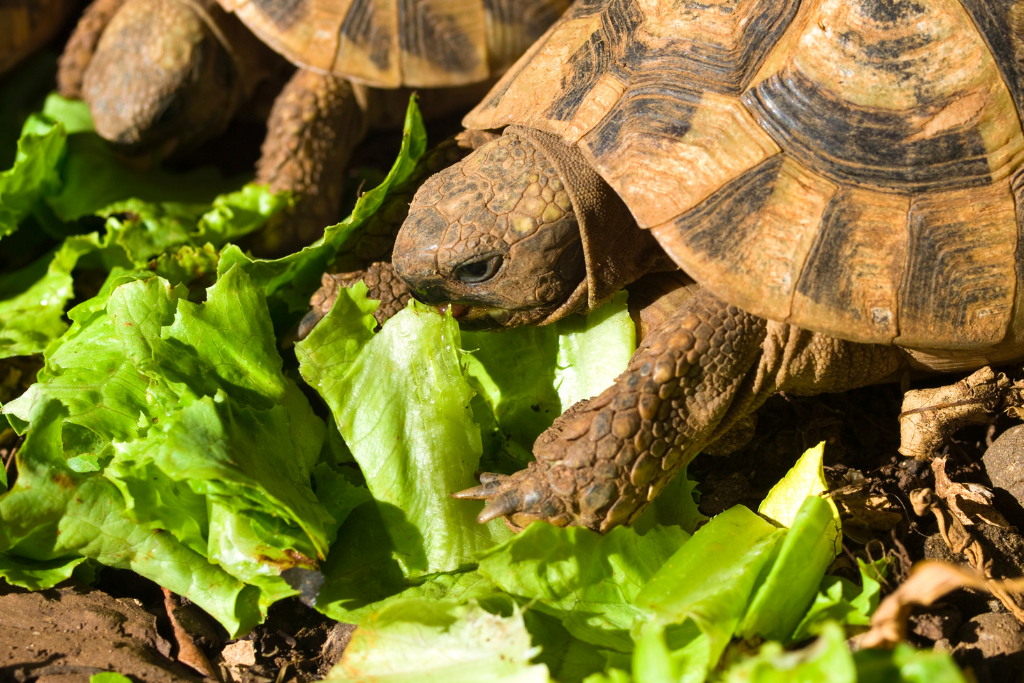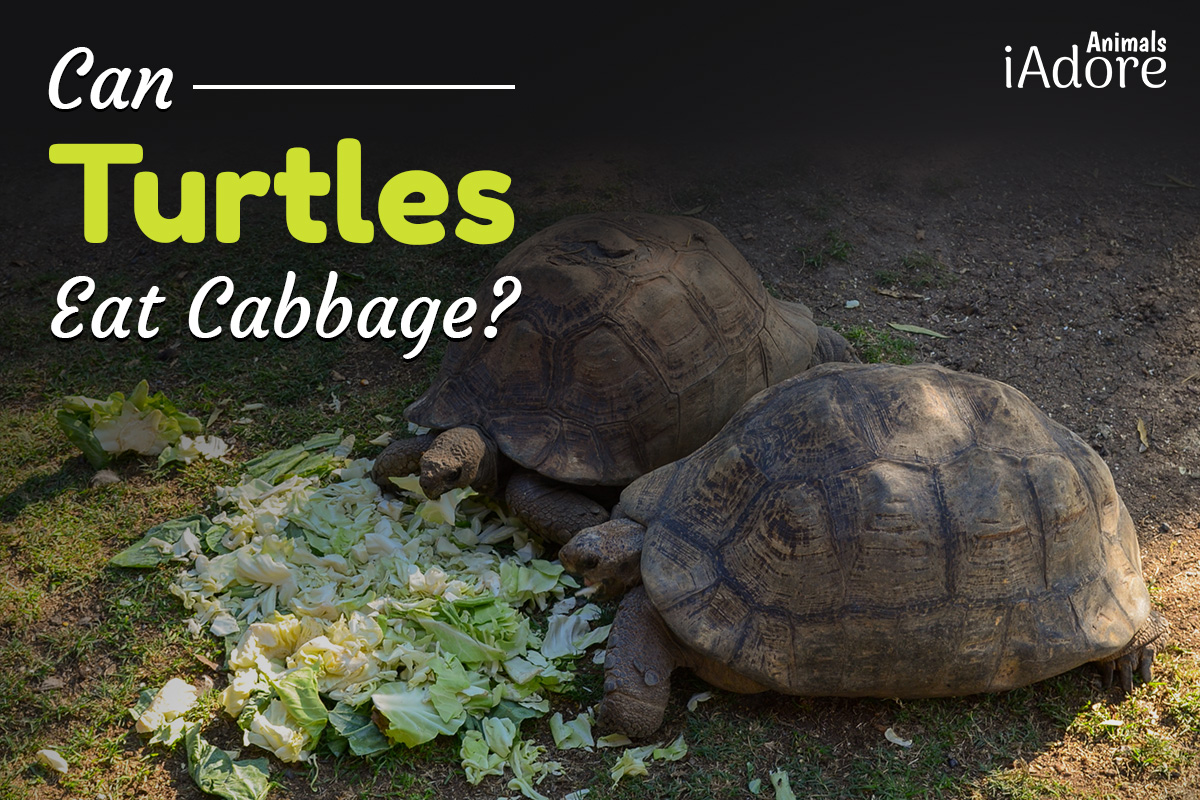Turtles are fascinating creatures that make popular pets for many animal lovers. As a responsible pet owner, it is crucial to provide them with a balanced and nutritious diet. One common question that arises is whether turtles can eat cabbage. In this article, we will explore the dietary habits of turtles and determine if cabbage is a suitable food option for them.

Understanding the Diet of Turtles
Turtles are omnivorous creatures, meaning they consume both plant and animal matter. Their diet varies depending on their species, age, and habitat. While some turtles are primarily herbivores, others have a more carnivorous diet. It is essential to understand the specific dietary requirements of your turtle species to ensure their optimal health.
Can Turtles Safely Consume Cabbage?
Cabbage is a leafy green vegetable that belongs to the Brassica family. It is rich in vitamins and minerals, making it a healthy choice for humans. However, when it comes to turtles, cabbage should be fed in moderation or avoided altogether.
Cabbage contains compounds called goitrogens, which can interfere with the thyroid function of turtles. Excessive consumption of cabbage can lead to thyroid problems and hinder the turtle’s overall health. Additionally, cabbage has a high water content, which may cause diarrhea in turtles if consumed in large quantities.
A Balanced Diet for Turtles
To ensure the well-being of your pet turtle, it is crucial to provide a balanced and varied diet. Here are some essential components to include in their diet:
-
Leafy Greens: Offer a variety of leafy greens such as kale, collard greens, and dandelion greens. These provide essential vitamins and minerals.
-
Vegetables: Include a mix of vegetables like carrots, bell peppers, and squash. These add variety and provide additional nutrients.
-
Protein: Turtles require a source of protein in their diet. Offer them small amounts of cooked lean meats, insects, or commercial turtle pellets.
-
Fruits: While fruits should be given sparingly due to their high sugar content, occasional treats like berries or melons can be offered.
-
Calcium: Turtles need calcium for healthy shell development. Provide a calcium supplement or offer calcium-rich foods like cuttlebone or calcium-fortified turtle pellets.
Frequently Asked Questions
1. Can turtles eat raw cabbage?
No, it is not recommended to feed turtles raw cabbage due to its goitrogenic properties. Cooking cabbage can help reduce these compounds, but it should still be fed in moderation.
2. Are there any vegetables that turtles should avoid?
Yes, some vegetables should be avoided as they can be toxic to turtles. These include onions, garlic, rhubarb, and avocado.
3. Can turtles eat cabbage leaves occasionally?
Occasional consumption of cabbage leaves in small quantities may not harm turtles. However, it is best to offer a variety of other leafy greens for a more balanced diet.
4. How often should I feed my turtle cabbage?
Cabbage should only be given as an occasional treat and not as a regular part of their diet. It is important to provide a diverse range of foods to meet their nutritional needs.
5. What are the signs of thyroid problems in turtles?
Signs of thyroid problems in turtles may include weight loss, lethargy, swelling around the neck, and changes in appetite. If you notice any of these symptoms, consult a veterinarian for proper diagnosis and treatment.
In conclusion, while turtles can consume cabbage in small quantities, it is best to offer a varied and balanced diet to meet their nutritional needs. Providing a mix of leafy greens, vegetables, protein, fruits, and calcium-rich foods will ensure the overall health and well-being of your pet turtle. Remember to consult a veterinarian for specific dietary recommendations based on your turtle’s species and individual needs.

